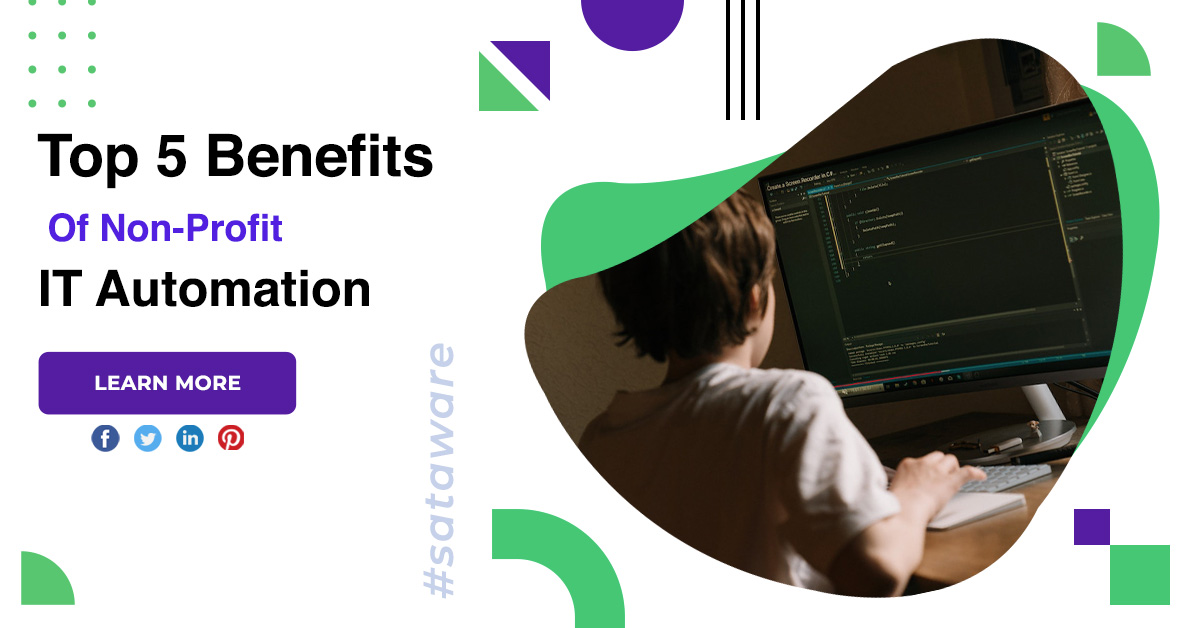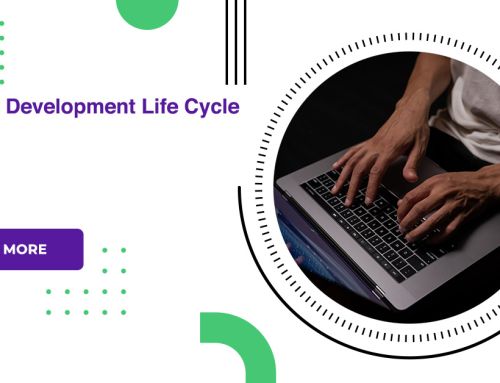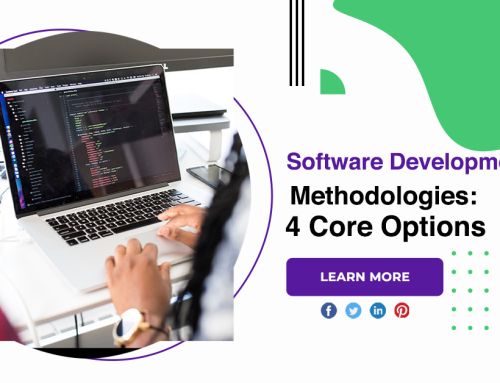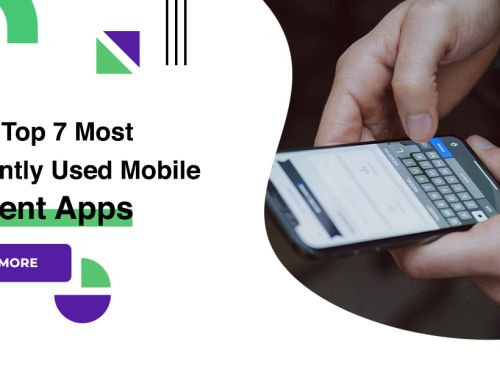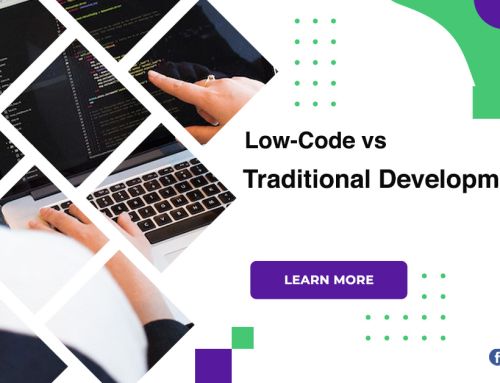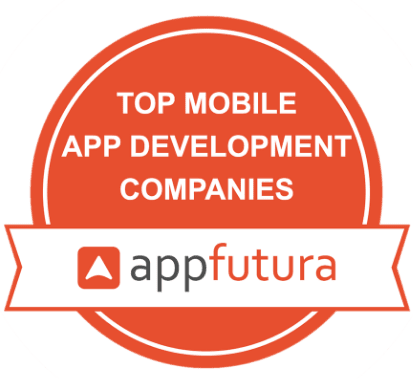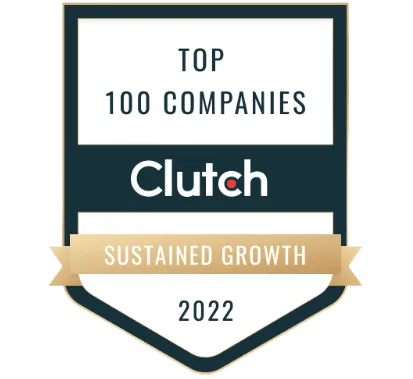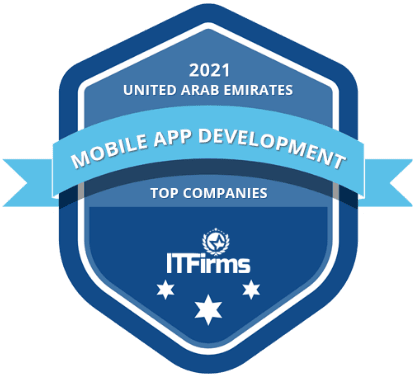Top 5 Benefits Of Non-Profit IT Automation
Nonprofits face unique technology challenges. With the average nonprofit operating on an extremely tight budget, it’s imperative that any software solution addresses multiple needs whenever possible. At a time when the technology world seems to be dominated by a handful of giants, it can be all too easy to forget that there are plenty of smaller competitors offering better quality and specialized services. This is especially true for non-profit IT automation organizations.
Non-profit IT automation
Adaptive processing of donations
The ability to receive and process donations online is extremely important to nonprofits of all sizes today. It’s also important for nonprofits to understand the differences between donation platforms and payment processing. PayPal is a major digital payment processing provider, but it’s not always the best choice for nonprofits. The lack of customization options and restrictive policies of the dominant service may force nonprofits to adapt. Online donation platforms are instead tailored to meet the unique needs of nonprofits.
Full accounting integration
Optimizing and automating your accounting tools is a great step towards streamlining the entire internal running of your organization. Many nonprofits are not very tech-savvy, so it can be difficult to determine exactly what needs they want new accounting software to address. For maximum functionality and the most useful solution, always look for digital accounting tools that integrate with your CRM or other management software. Advanced automation tools and accounting software can provide critical support to nonprofits looking to reduce costs and increase internal efficiency.
Innovative safety features
Online security, especially when handling sensitive donation information, is very important to nonprofits. Digital security should be an ongoing concern of your operations, not only because it is a responsible best practice, but also because it is a major element of your organization’s public image. Reassuring donors that you prioritize secure stewardship is infinitely better than risking a security and reputational disaster.
Prospect survey data
Lead research software and other digital resources can be an invaluable asset to larger nonprofits that already use a more complex CRM or management system. Prospecting involves using data to identify potential donors or groups that could make major donations to nonprofits whose work aligns with their own priorities. Organizations can then use this data to develop effective anti-harassment strategies.
Accessing a lead research database through dedicated digital tools or software can enable your organization to creatively identify potential customers for your lead campaigns using data points such as
- Demographic and professional information.
- A complete philanthropic history.
- Property records.
- Records of political contributions.
Automatic data reporting
An intelligent data policy can hold all your digital operations together and empower every decision your organization makes. If your medium to large nonprofit uses complex data management tools, make sure your software actively benefits from your data reports, not just complicates them. At the other end of the spectrum, some small nonprofits need data reporting upgrades.
Spreadsheets are always useful, but it takes very little time to get to the point where it’s no longer possible to run your organization from one. Every nonprofit should consider using some automated data reporting tools, especially if yours already uses a large CRM. Powerful tools designed in-house and as CRM integrations can offer full data reporting capabilities.
Conclusion
Designed specifically to address the unique needs of organizations, nonprofit software typically offers one or more features that can also have a significant impact on the rest of your digital operations.
